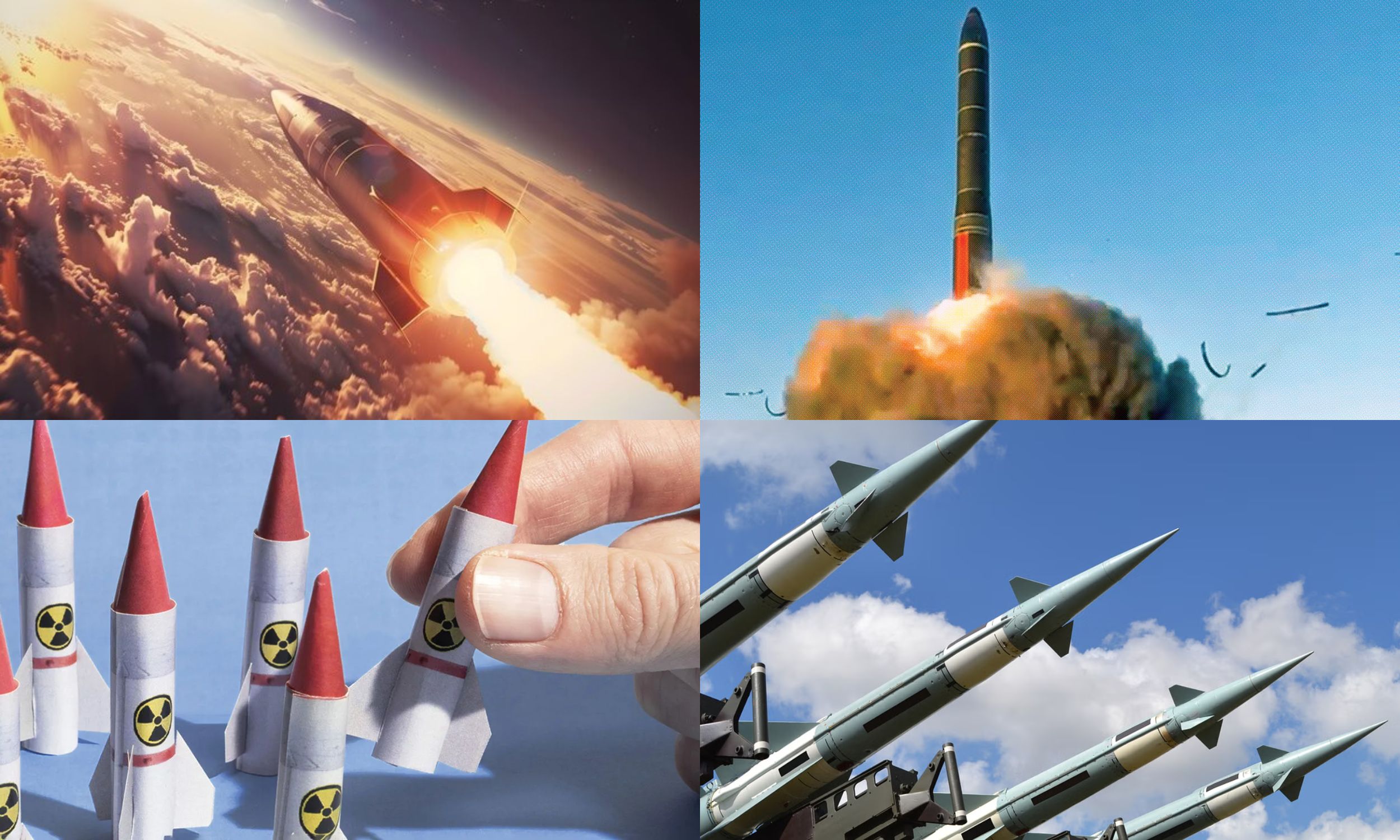The Biden administration’s approach could be undermining strategic stability with China. China recently halted arms control discussions with the U.S., arguing that these talks cannot proceed while Washington continues to sell weapons to Taiwan.
This response from Beijing was predictable, as China has historically resisted limiting its military stockpile and often suspends security dialogues to express displeasure with U.S. actions. Several U.S. administrations have sought to bring China into nuclear negotiations.

In June 2020, the Trump administration’s negotiators displayed empty seats adorned with Chinese flags during U.S.-Russia talks in Vienna. By June 2023, Jake Sullivan extended an offer to China for engagement without preconditions. Two years prior, Biden and Xi Jinping had vaguely agreed to explore discussions on strategic stability, which began in November 2023 but quickly ended.
China’s growing nuclear arsenal is a legitimate concern. The Department of Defense estimated its warhead count to be in the low-200s at the start of the decade. This number has since more than doubled, and projections suggest it will reach 1,000 by 2030 and 1,500 by 2035. Beijing also continues to diversify its launch systems.
China’s rapid nuclear expansion, while recognized by the Biden administration, is being met with ineffective strategies. Future U.S. leadership will need to adapt to Xi’s nuclear ambitions to engage in meaningful arms control talks.
Currently, the U.S. nuclear threat remains relatively stable under New START, but American actions might spur China to expand its arsenal further. Jake Sullivan’s comments about cutting-edge non-nuclear capabilities may inadvertently drive China to stockpile more nuclear weapons while also weakening America’s nuclear deterrence.
Additionally, Biden’s shift toward a “sole purpose” doctrine may push U.S. allies to develop their own nuclear arsenals, which could, in turn, motivate China to accelerate its buildup. With New START set to expire in 2026, the next U.S. administration may consider letting it lapse, reopening the door for an arms race and renewed bargaining with nuclear powers like China and Russia.


